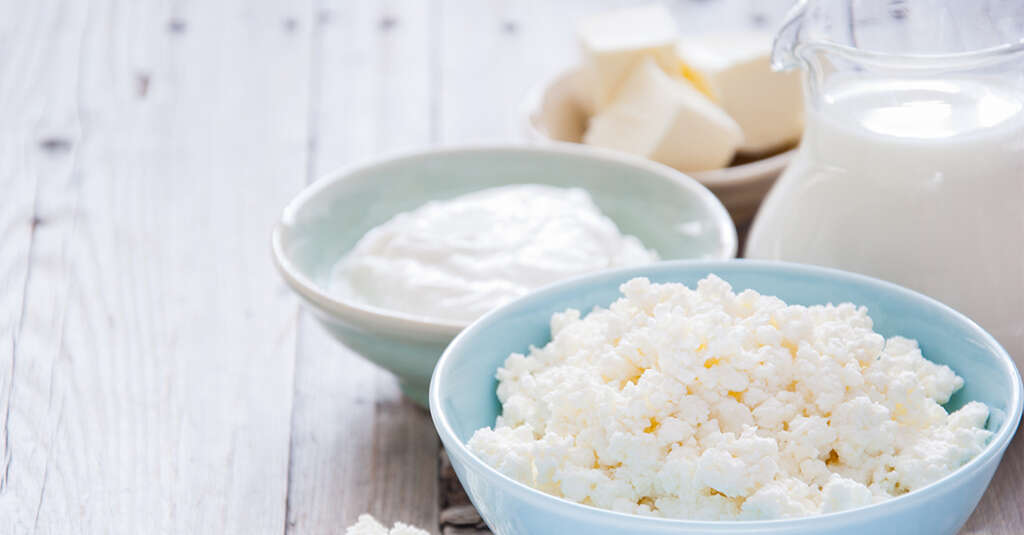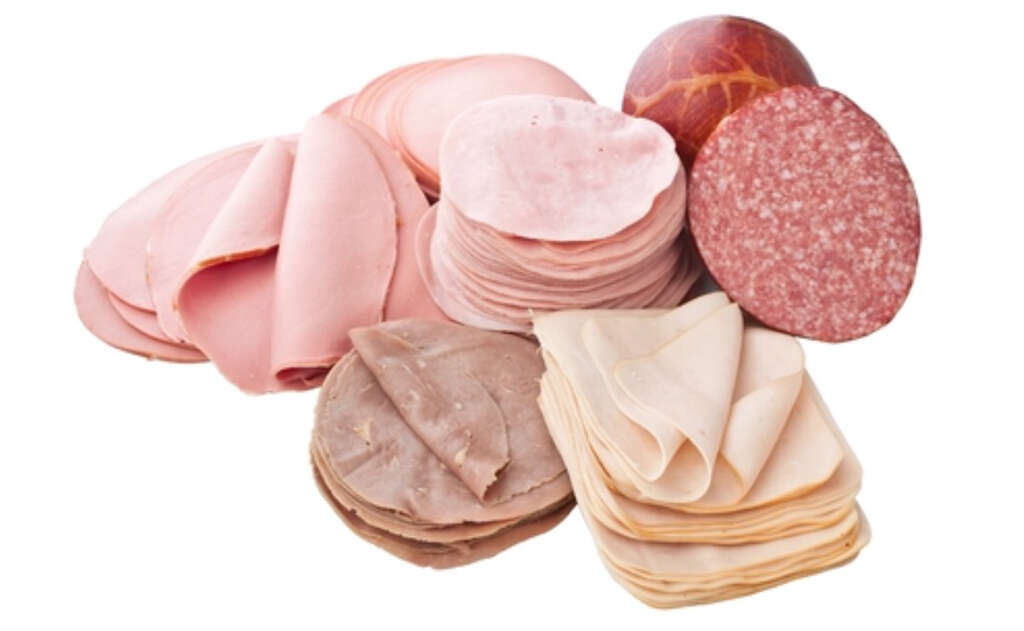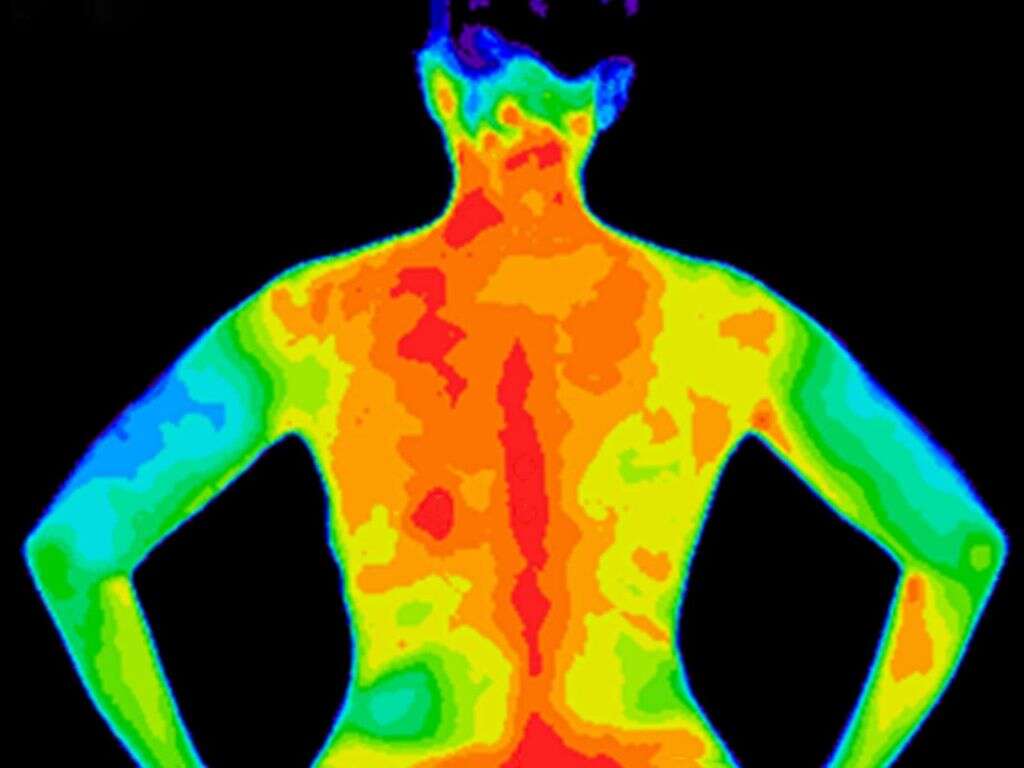10 Foods That Cause Inflammation
Inflammation within the body can be caused by a number of factors. It can affect the joints, it can affect internal organs and it can have a considerable effect on our quality of life. For some people, it can be debilitating and potentially agonizing. To make matters worse, inflammation can even be caused by the food that we eat.
Many foods contain compounds or affect the body in a way that can cause inflammation either directly or indirectly. Recognizing these foods is one of the first steps to eliminating them from your diet to hopefully reduce inflammation. Keeping a diary of what you eat can help you identify problem foods and ingredients.

Inflammation Causing Food #1: Vegetable Oil
Vegetable oils are often used as a ‘healthy’ alternative to animal fats. While vegetables are an improvement over animal fats in terms of heart disease and clogging arteries, they are still not without their drawbacks. At least, though, it is still better to choose from the best options available to you when faced with a limited choice.
If you are experiencing problems with inflammation, though, then you might want to steer clear of vegetable oil. Vegetable oil is high in omega 6 which, unfortunately, is inflammatory. It is also low in the anti-inflammatory variety, omega 3. One suitable alternative might be olive oil which is known to have anti-inflammatory properties.

Inflammation Causing Food #2: Sugar
Sugar is the substance that helps to make food sweet. Unfortunately, though, it is the foods that taste the best that are often the worst for us. Sugary foods are high in calories and excess calories get converted into fat, which is then stored in the body and this can lead to obesity. Sugar also has inflammatory properties.
Excess sugar intake can lead to the production of inflammatory compounds known as cytokines. In addition, it can also have an adverse effect on the immune system which can, in turn, affect our ability to deal with inflammation. As tasty as food containing sugar can be, it is best to eat in moderation where possible.

Inflammation Causing Food #3: Fried Foods
Delicious, crispy fried foods can be difficult to turn down. Unfortunately, though, they are also one of the biggest contributors to heart disease and other health problems. They are full of unhealthy fats and calories that can block arteries and lead to obesity. They can also contribute to problems with inflammation.
During the frying process, compounds known as advanced glycation end products (AGEs) are formed. These compounds have been shown to contribute to inflammation, potentially worsening existing conditions. As with other potentially unhealthy foods, it is always best to consume fried foods in moderation to avoid health problems including inflammation.

Inflammation Causing Food #4: Dairy
At times it could be difficult to imagine what life would be like without dairy products. They are used so regularly in cooking, whether as ingredients or cooked as they are, that cuisines the world over would be quite different without them. They are also packed full of nutritional goodness such as protein, calcium and important fats.
Unfortunately, though, dairy products are also inflammatory. As delicious as they are, our stomachs are not great at digesting dairy products and problems can arise. Such problems include inflammation of the digestive system which we will tend to feel as bloating and stomach pains. One possible exception is yogurt, although this should still be consumed in small amounts.

Inflammation Causing Food #5: Processed Meats
The smell of bacon in the morning can be enough to have our mouths salivating in excitement. Other processed meats such as sausage and ham are also delicious but unfortunately, they are often far from healthy. They will often be left off the menu for people that are trying to eat a healthy diet.
Processed meats tend to contain inflammatory advanced glycation end products and also saturated fats. Many will also contain various chemicals and other compounds that can also be inflammatory as well as being unhealthy in other ways. You don’t necessarily have to cut them out of your diet completely, and some will be less unhealthy than others, but processed meats should be eaten in moderation.

Inflammation Causing Food #6: Artificial Sweeteners
The problems associated with a high sugar diet are well known but many of us still like sugar in our coffee and in everyday foods. The good news is that there are alternatives that have fewer calories, but the bad news is that these are likely to contain inflammatory properties.
Artificial sweeteners can upset the natural balance of bacteria and other helpful microbes in the stomach, potentially causing them to release inflammatory compounds. It can also lead to an intolerance of glucose which could also lead to the release of inflammatory compounds when glucose is consumed. Better alternatives might be to look for non-processed natural sugar alternatives such as honey.

Inflammation Causing Food #7: Excess Alcohol
Many of us like to have a drink, particularly at the weekends when we get a chance to wind down after a long week at work. It can be a lot of fun and has numerous social benefits, although it is certainly not without its drawbacks. Excess alcohol consumption can lead to various health problems and even dependency. It also has inflammatory properties.
One problem associated with excess alcohol consumption can be bacteria moving into the body from the colon. This can lead to inflammation and also to organ damage. While alcohol is OK to consume in moderation, the potential risks involved mean that it should always be treated with caution.

Inflammation Causing Food #8: Saturated Fats
Saturated fats are often blamed for ill health, particularly problems such as obesity and heart disease. While they are far from healthy, though, we find that they are not as ‘bad’ as we thought. They are important to us, even necessary, but they should be consumed in moderation to help prevent serious health complications.
Studies have shown that saturated fat consumption can trigger the inflammation of fatty tissue in the body. Also, fatty cells could release inflammatory compounds as they grow larger with more saturated fat consumption. This can be avoided with a healthy, balanced diet and plenty of exercise.

Inflammation Causing Food #9: Refined Wheat Flour
Flour is a very common ingredient in many foods from bread, pizza dough and pasta. Unrefined wheat flour contains many beneficial nutrients such as fiber. Fiber helps with digestion and slows down the metabolism of our food, preventing spikes in carbohydrates in our blood.
Refined wheat flour, however, has a lot of the fiber and other useful nutrients removed. This means your blood sugar levels are more likely to spike which in turn means your insulin levels are also likely to spike. Unfortunately, insulin is a compound that can lead to inflammation. For a healthier option, try to use unrefined flours instead, which can also taste better as well as being healthier for you.

Inflammation Causing Food #10: Factory Made Bread
While bakeries are a factory in a sense, modern bread making techniques have done what they can to accelerate the process to increase their output. Usually, the yeast will digest much of the starch and gluten but when the process is accelerated it has less time to do so. This means that bread made in this way is likely to contain more starch and gluten than normal.
Gluten is an inflammatory and can also lead to an allergic reaction, especially among people with a gluten intolerance. Where possible try to purchase bread not from a store with mass-produced products, but from a bakery using more traditional techniques. Not only can this help reduce inflammation but you will also notice the flavor is much improved.












